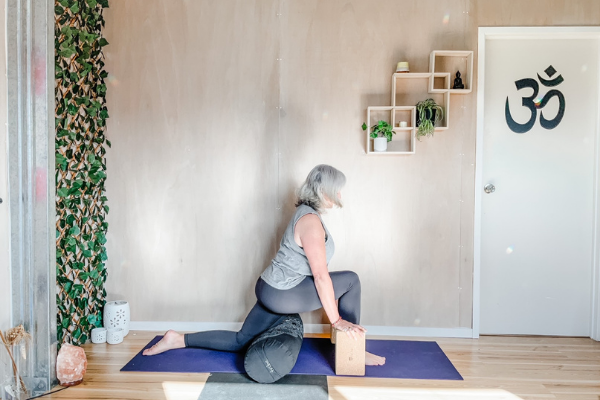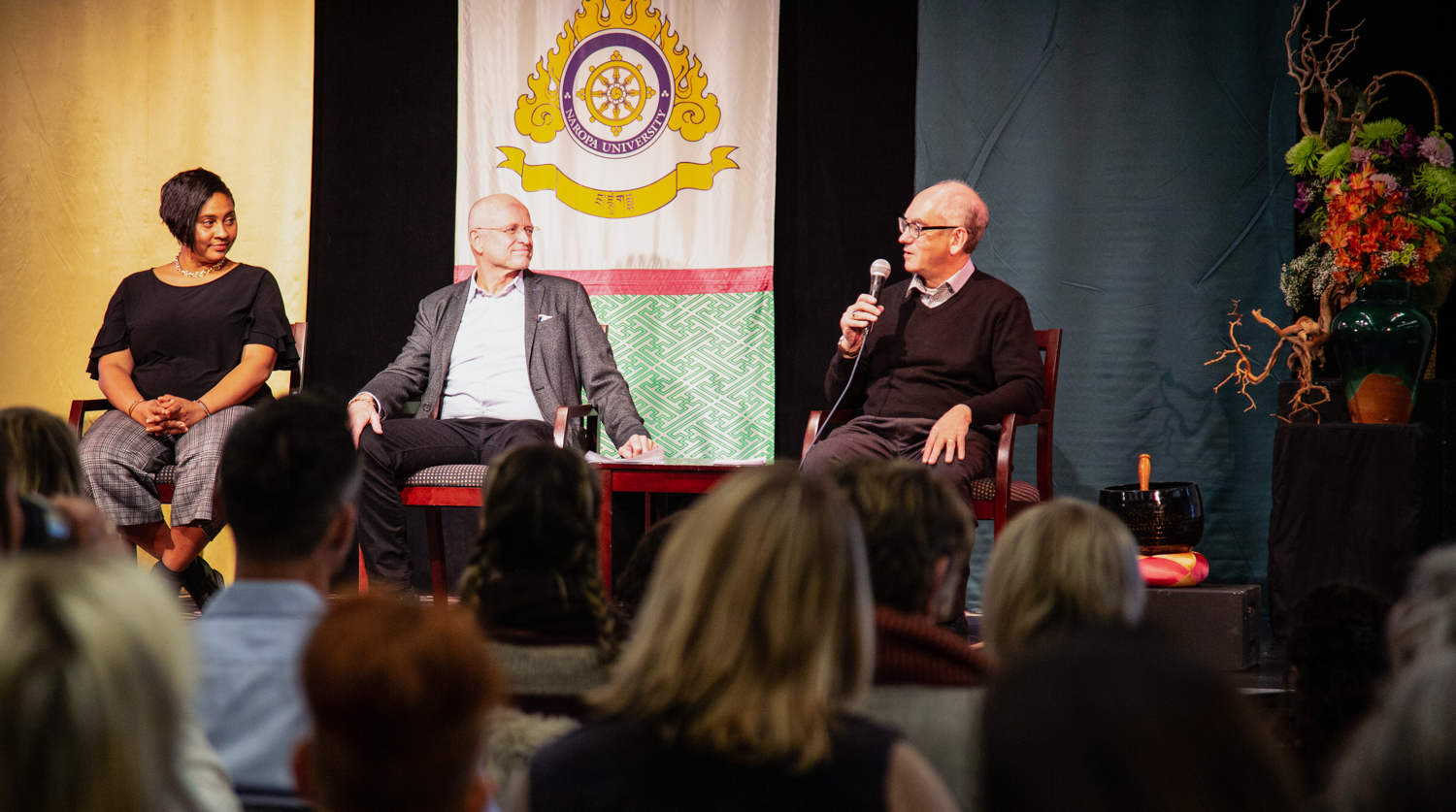The joys and challenges of practicing yoga online
Students experience of online yoga Part 2 by Sandra Palmer “Since the arrival of Covid 19 into our world, the way we teach yoga has changed. Studios and teachers rapidly adapted to close brick and mortar studios and many...

Students experience of online yoga Part 2 by Sandra Palmer
 Practicing yoga at home via online classes
Practicing yoga at home via online classes“Since the arrival of Covid 19 into our world, the way we teach yoga has changed. Studios and teachers rapidly adapted to close brick and mortar studios and many immediately started teaching online. Some teachers and students love this online environment and, equally, many people loathe it”. Registered Psychologist and Yoga Teacher, Sandra Palmer shares her insights and experiences on the student’s perspective of practicing yoga online.
Less rush, more time
Pre lockdown #1 in March 2020, I regularly attended a busy Ponsonby yoga studio. I was frequently there at 6.30am. I still remember waking up in the dark, rushing to get my clothes on and trying to find a park in the dark! And I loved it. This was my yoga community where I knew the teachers, fellow students and I practiced regularly in a supported and safe space.
When studios re-opened after the lockdown, I returned to a class a few months later. Only a few of my regular yoga buddies were there. I asked what had happened to those students and was told that many students never returned to those early morning classes.
They had learned during lockdown that they did not have to get up early every morning, and they could practice with their favourite teachers in their own time and in their own space, living a life at a more leisurely pace.
And this is one of the clear benefits of doing yoga classes online for students– we can do them in our own time, no travel time, no packing a bag with work clothes, no parking difficulties, no rush.
Accessibility
Online yoga classes make yoga more accessible to a wider variety of students, particularly our more vulnerable ones. Many students in our ACC funded classes have a variety of mental and physical health issues including morbid obesity, social anxiety and agroaphobia.
They reported that they would NEVER have attended a Trauma Sensitive Yoga class in person.
Rather than experiencing paralysing anxiety and the barriers that creates to attending classes in person, they could instead practice at home in their safe space where they feel more regulated and resourced. In these classes students are given the choice of videos on or off during the practice, and are all kindly muted by the teacher. Students told us of the relief they felt at being able to sob loudly and feel whatever arose during the TSY practice without feeling self-conscious like they would if they were in an IRL class with other people.
Online yoga classes also make yoga more accessible for those who live rurally with no local classes, those who live in Auckland but don’t want to travel an hour each way to a specialist class, or those who physically can’t walk up the flights of stairs common in many yoga studios.
Students can also access international teachers on online platforms such as Yoga International, YogaGlo etc.
Increasing interoception for students
I believe that one of the real benefits for students of online yoga classes is the ability to increase interoception i.e “the sense of signals originating inside our body” (Norman Farb et al, 2015) or, put simply, what is happening inside our body.
I love my daily home practice where I start by sensing what my body needs on a particular day and then creating a practice to meet that need. I move how I want to move on my mat based on what it is I feel inside. And when I am a student in an online on-demand class, or one where I am not seen, I also give myself permission to follow what I want to do. It is much harder in an IRL class to simply ignore the yoga teacher and do your own thing!!
A studio with multiple on-demand classes can also support interoception more than IRL classes can. Often there are so many classes on offer and the student needs to check-in (do a baseline or weather report) and find a practice that meets their particular need.
This means that the student is learning to choose what feels right for their body at that time, rather than going to a studio class and following along with the teacher and the rest of the class.
And I am not suggesting that one way is better than the other, but rather seeing the opportunities that online classes provide. At times I love nothing more than going to a class and being instructed and just following those instructions, it can be sheer bliss. However, at other times, I may need a slower practice, or simply a breathing practice. And on-demand classes support us to interocept and choose.
For a free practice to increase your interoception and find your baseline, Sign up for the Free 7 Days of Embodied Self Care & Wellbeing https://app.heymarvelous.com/sandra-palmer/product/34433
Farb, N, Daubenmier, J., Price, C.J., Gard, T., Kerr, C., Dunn, B.D., Klein, A.C., Paulus, P.M., and Mehling, W.E (2105) Interoception, contemplative practice and health. Frontiers in Psychology, https://www.frontiersin.org/articles/10.3389/fpsyg.2015.00763/full
I am a Registered Psychologist, certified iRest ® teacher and 500 hours + trained yoga teacher. I teach Trauma Sensitive Yoga and iRest funded by ACC ISSC in Auckland, restorative yoga + yoga nidra in Auckland and Waipū and have an online Yoga & Wellbeing studio with reach across Aotearoa https://www.integrativetherapy.co.nz/
 Sandra Palmer
Sandra PalmerFB Sandra Palmer Yoga & Wellbeing
IG @sandrapalmerwellbeing
Similar Articles You May Enjoy
Learn How to Practice Yoga By Yourself with MYOGA Online School
by Melissa Billington, MYOGA Online School My partner loves chess and when he asked me to play I said I’d be willing to try, but that backgammon is my game. Chess seems too complicated - too many things to keep track of and too many possibilities. I like the mix…
The Difference between Practicing Yoga Postures and Having a Yoga Practice
by Kara-Leah Grant There are many people doing yoga poses today, but there are far less people who have a yoga practice. Postures are everywhere - Instagram, Facebook, Twitter, Pinterest, advertising, magazines, yoga classes, yoga retreats, yoga teacher trainings. However, postures do not make a yoga practice. A yoga practice…

 AbJimroe
AbJimroe 


































